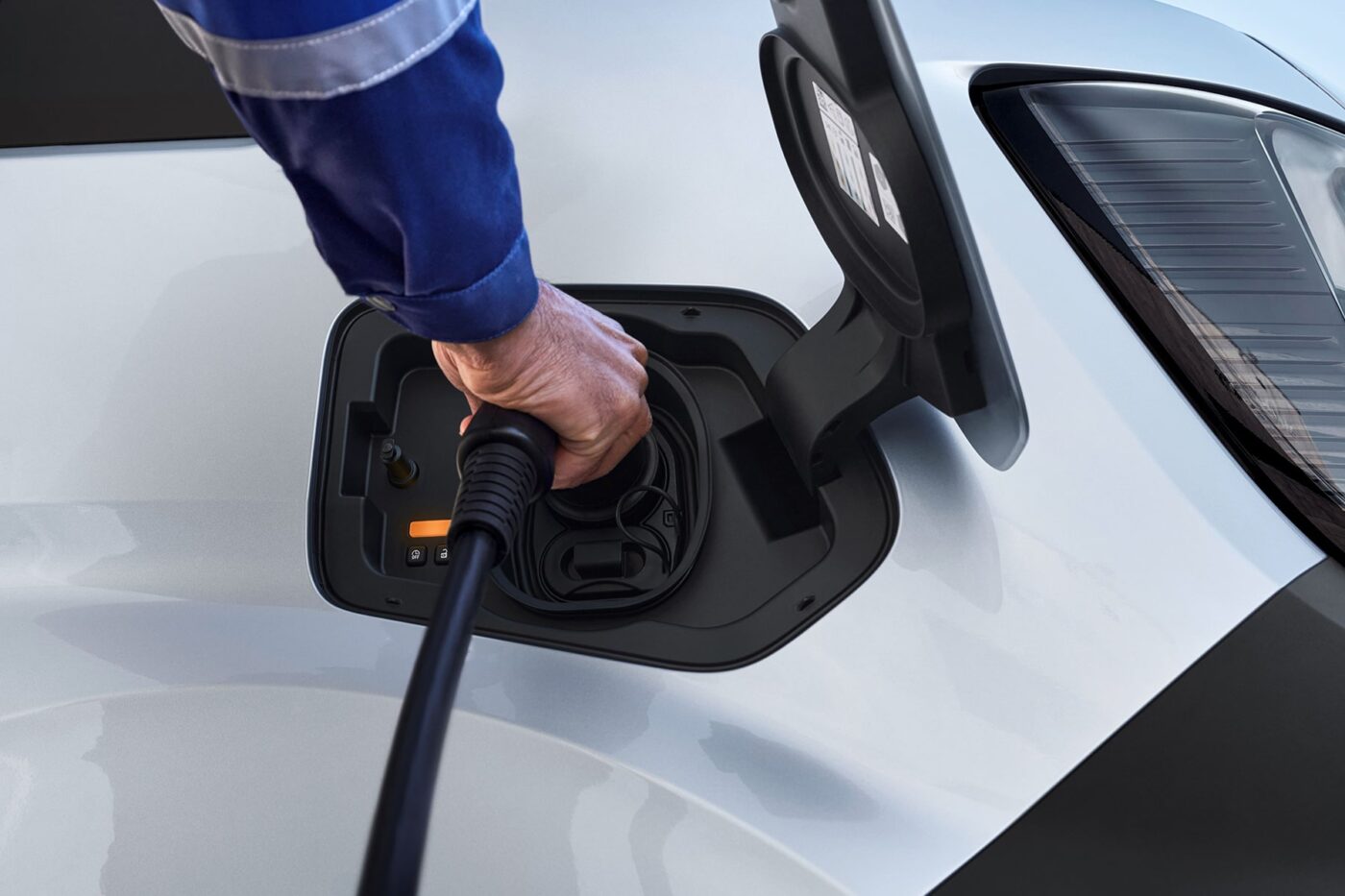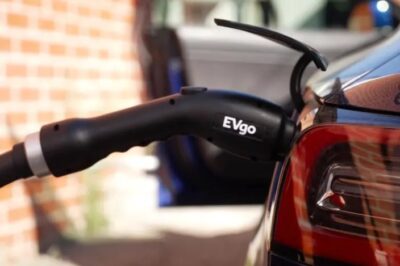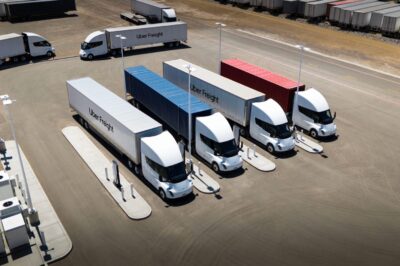Switzerland: Lucerne to expand public charging network by 2035
By 2035, the city aims to roll out about 30 public charging sites with a focus on “charging in the neighbourhood”, targeting residents unable to charge at home or work—estimated to be around a quarter of EV users by that date. Third-party operators will be granted concessions to install and operate chargers on public land, with the city providing access to the grid and basic infrastructure at an investment of CHF 960,000.
These costs will be recouped via concession fees, while ongoing operating expenses will be borne by the providers. A regulatory change will be required to enable the concession model.
According to the city’s press release, road transport currently accounts for about 30 per cent of the city’s energy-related CO₂ emissions. The municipal goal is to reduce energy-related greenhouse gas emissions to net zero by 2040, with a 15 per cent cut in traffic volume compared to 2010. While the strategy prioritises reducing car dependency in favour of walking, cycling, and public transport, it recognises the need to decarbonise the remaining motorised traffic through smaller, lighter, cleaner and quieter vehicles powered by renewable energy.
The decision to grow the charging network follows positive results from a pilot project, which saw the installation of initial public charging stations in 2024 and two fast-charging units in 2025. Usage has steadily increased, with each site averaging over 120 charging sessions per month. The five-year trial is expected to provide detailed insights into usage patterns.
Additional measures to accelerate EV adoption include funding programmes for private and semi-public charging infrastructure, mandatory pre-installation of charging readiness in new builds and renovations, incentives for zero-emission taxis from 2033, and progressively stricter parking privileges favouring emission-free vehicles by 2040. The city is also expanding workplace and visitor charging at municipal properties and has already implemented procurement and fleet policies favouring electric mobility.
Statistical trends underline the momentum: in 2024, nearly one in seven registered passenger cars in Lucerne was a plug-in vehicle, with six in ten new registrations featuring a plug, and around a quarter being fully electric. The overall passenger car fleet in the city has declined by almost four per cent compared to 2019, reflecting both modal shift and changing mobility preferences.
stadtluzern.ch (in German)





0 Comments